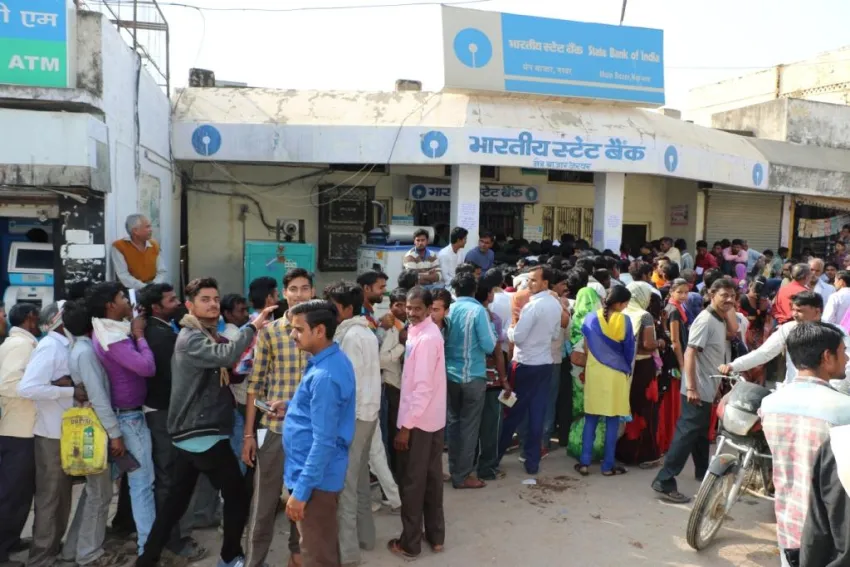
Bad debt burden delays Basel III adoption in Indian banks
The leeway would give banks much-needed time to raise more capital.
As banks in India grapple with a growing bad debt burden, the government is considering deferring Basel III adoption for banks to give lenders more time to raise necessary capital.
The Reserve Bank of India (RBI) wants lenders in the country to maintain a minimum common equity ratio of 8% and total capital ratio of 11.5% by 2019. However, the government is reportedly in talks with the central bank to defer the adoption of international standards so as to give banks more time to shed off bad loans, according to a study from Deloitte, since the banking sector needs an estimated $76.47b (INR 5t) just to meet norms by 2019.
Indian banks are estimated to have stressed assets of c.$150b of which $120b is represented by non-performing loans and rest by restructured loans, with more than three quarters (80%) of stressed assets held by state owned banks.
“The Indian banking sector has traditionally not been aggressive in recognising and impairing stressed assets, and deteriorating asset quality in sectors like steel, construction and infrastructure remain to be fully addressed,” Deloitte noted.
The ratio of stressed assets to net worth of the banks is just above 100%. For nationalised banks, the ratio of stressed assets to net worth is around 150% signifying the dire need for recapitalisation. The total stressed assets of the nationalised banks is c.$130m compared to the net worth of $87m. In comparison, the private sector has total stressed assets of $18m compared to net worth of $55m.
However, RBI has been working overtime to deal with its staggering bad loan burden. Amendments to the banking regulation ordinance authorised the RBI to direct commercial banks to initiate an insolvency resolution process for loan defaults.
RBI has also restricted its investment in SRs backed by their own stressed assets, leading to a true sale of stressed assets, making considerable headway in denting the country’s historic bad loan problem.



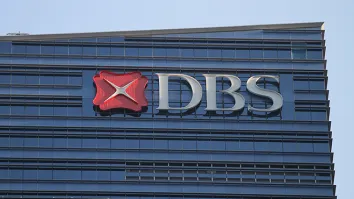
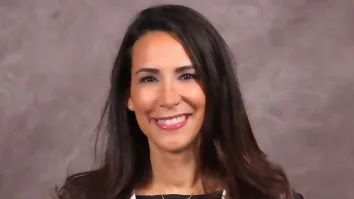

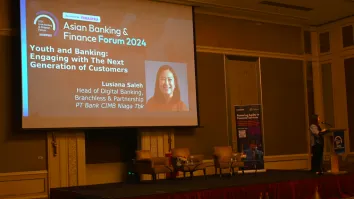

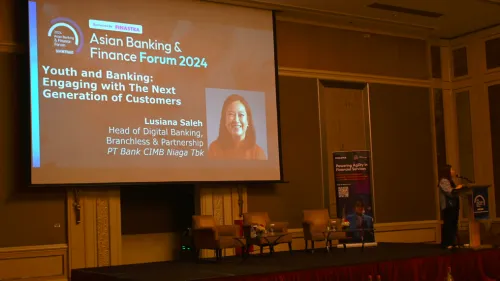
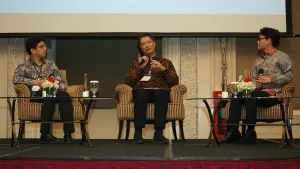
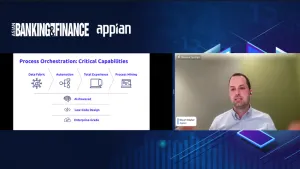
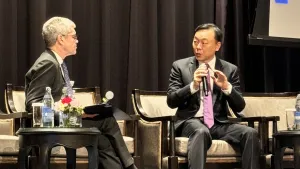




 Advertise
Advertise






